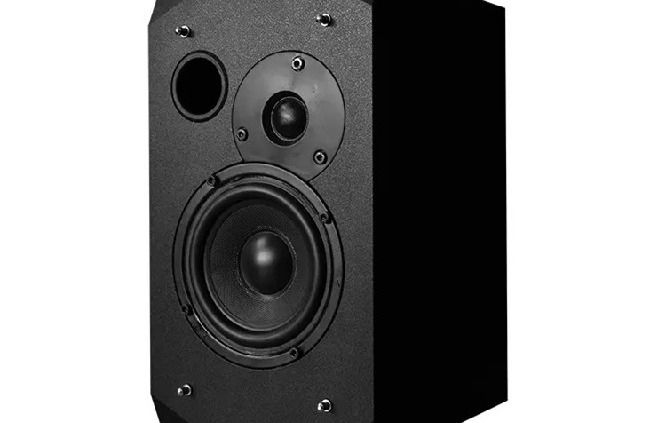The battle between speaker intelligence and sound quality
In the speaker industry, there are two major technical schools, one is smart speakers focusing on artificial intelligence; the other is traditional sound quality speakers that focus on sound quality.
The two have different emphases due to differences in performance and structure. Smart speakers are developed due to artificial intelligence, and they focus on experience, so sound quality is secondary. If you strip away the built-in artificial intelligence, such products can be called loudspeakers at best. The blessing of artificial intelligence enables such products to recognize human instructions, so as to complete operations such as playing, pausing music, or controlling other smart appliances. It is an interactive platform that integrates music, smart home, online network and one of the products selected as the smart home entrance.
Traditional sound quality speakers are based on sound quality and pay attention to the sense of hearing, so the function is more pure. Taking Soundbar as an example, as a supplement, enhancement or replacement of TV sound quality, the main selling point of such products is to provide users with a more complete listening experience. Soundbar is actually a miniaturized home audio and video. It is a thin and light TV that cannot carry very good speakers, resulting in poor TV sound quality. As a supplement, enhancement or replacement product for TV sound quality, it can be used in a limited volume. It can achieve dual-channel or even multi-channel effects.
As an alternative to TV speakers, the form of external speakers has been changing, from speakers that enhanced the sound quality of TVs to a combination of TV boxes and speakers, the representative of which is Skyworth’s Xiaopai speakers. When this type of product is not connected to the TV, it can be used as a simple speaker. After connecting to the TV through a cable, it can function as a TV box and a speaker at the same time. The Philips TV’s approach is even more extreme. The 973 TV released recently integrates the speakers and the rest of the TV components into a base, which takes into account the thinness of the screen and retains the sound quality. In addition, this type of speaker also has the function of playing music through a wireless network, Bluetooth, cable or interface to connect to a mobile phone or a lossless player.
Although smart speakers and traditional sound-quality speakers are contrary in function, they directly constitute a competitive relationship. Smart speakers rely on ecology and make quick money; while traditional sound-quality speakers are “fine work”. Behind the competition between the two is an attempt to monopolize the standard of the speaker industry. For example, South Korea’s two giants LG and Samsung, LG announced on August 20 that it will expand the “X Boom” product line from existing home audio to wireless and artificial intelligence speakers; Samsung Electronics acquired it as early as 2016. Harman Kardon, an American audio and automotive electronic equipment company, has launched top-level Soundbars around the world. Industry insiders believe that with the connection between TV and smart phones, games, etc., there is a synergistic effect between TV and audio, which has led to the gradual expansion of the speaker market.
The two companies actually represent two different speaker preferences, the trade-off between “smart” and “sound quality.” Compared with the high price of traditional sound quality speakers, the price of about 1,000 yuan for smart speakers is more likely to be favored by consumers, while the low price of smart speakers comes from low cost. However, factors such as low cost and the space occupied by the control module lead to insufficient sounding units for smart speakers. Even most speakers only have one sounding unit, so the sound quality cannot be discussed on smart speakers. Therefore, the selling point of smart speakers is not “speaker” but “intelligent”.
But for many consumers, the sound quality and appearance of speakers are the most essential things to judge the value of speakers, and intelligence may only be a plus. When faced with smart speakers with similar prices and traditional sound quality speakers, the latter is obviously more worth buying. Because smart speakers are only one of the optional entrances to the smart home ecosystem, the option of “smart speakers” is not the only option for smart homes. In order to obtain a better listening experience, it is obviously the sound quality that is more important.
At this stage, “intelligence” and “sound quality” may still be incompatible. Those who have always pursued sound quality have been wandering in more advanced products, but in the mass market, taking into account the intelligence means that it will cost more Efforts to build an ecology and focus on sound quality require spending on raw materials and adjustments. The combination of “intelligence” and “sound quality” means higher costs and a bit further from the mass market.



